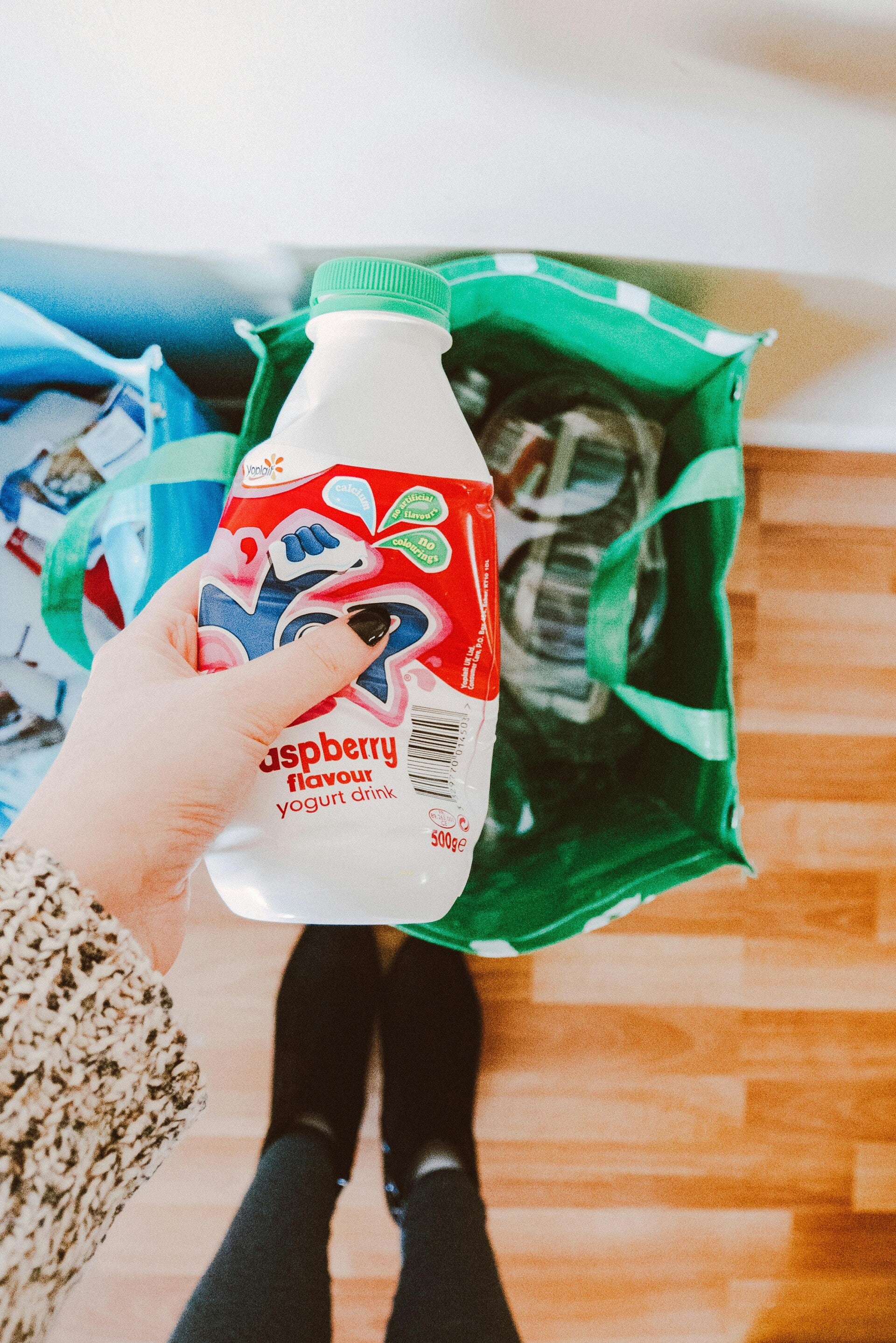
Environmental awareness and sustainability are not simply fashionable concepts; they are essential principles that can help shape the way children see and care for the world around them. In the early years, these values are about much more than recycling or turning off lights they are about building respect, curiosity, and responsibility in the youngest members of our society.
According to the Early Years Foundation Stage (EYFS) framework and recent Ofsted guidance, promoting environmental awareness forms part of Understanding the World, particularly the Natural World strand. This area of learning helps children make sense of their surroundings, learn about living things, and understand how human actions impact nature. Ofsted inspectors often look for evidence that childminders weave these principles naturally into everyday routines, creating opportunities for children to engage with nature and make sustainable choices.
Understanding Environmental Awareness
Environmental awareness in early years settings involves teaching children about the natural environment the plants they see, the animals they encounter, and the changing seasons and helping them to recognise their own role in protecting it. It encourages conversations about where things come from, why we need to care for resources, and how even small actions can have a positive effect. By fostering this awareness from a young age, childminders can inspire lifelong habits that contribute to a healthier planet.
Understanding Sustainability
Sustainability is about meeting the needs of the present without compromising the ability of future generations to meet theirs. In a childcare context, it means helping children develop habits that reduce waste, use resources wisely, and protect the natural environment. This can include reusing materials, conserving water and energy, and showing care towards plants, animals, and habitats. Sustainability is not a single lesson but a way of thinking one that can be reinforced daily through small but consistent actions.
Linking to EYFS and Ofsted Expectations
The EYFS places strong emphasis on children’s understanding of the natural world. Activities that encourage sustainability not only fulfil this requirement but also contribute to other areas such as Communication and Language, Personal, Social and Emotional Development, and Physical Development. For Ofsted, embedding sustainability shows a commitment to children’s personal development and prepares them to be responsible citizens.
Practical Ways to Embed Sustainability in Childminding
One of the simplest yet most powerful ways to promote sustainability is through nature walks. Taking children to a local park or woodland allows them to explore seasonal changes, discover different plant and animal species, and develop observational skills. These outings can lead to rich conversations about how nature changes over time and why it is important to protect it.
Recycling can also be made into an engaging and educational activity. By setting up a small recycling station at home, childminders can show children how to sort materials such as paper, plastic, and metal. This not only teaches categorising and sorting skills but also helps children understand the journey of waste and why it matters to reuse what we can.
Gardening is another hands-on approach that works beautifully in a childminding setting. Whether it is planting seeds in a garden, using pots on a patio, or growing herbs indoors, gardening allows children to see the cycle of life from seed to plant. They can learn about the importance of soil, sunlight, and water, as well as the satisfaction of eating something they have grown themselves.
Water conservation can be introduced during play. For example, childminders might offer a set amount of water for outdoor water play and challenge the children to see how many activities they can complete before it runs out. This simple concept helps children think about how precious water is and encourages them to use it thoughtfully.
Finally, stories and books with environmental themes are a gentle yet powerful way to introduce sustainability. Books such as Somebody Swallowed Stanley or The Messy Magpie can be followed by discussions, drawings, or role-play that encourage children to think about how their actions affect animals and nature.
Supporting Sustainability as a Childminder
To make sustainability a consistent part of practice, childminders need to ensure that resources and environments reflect eco-friendly values. This might involve choosing wooden or recycled toys over plastic alternatives, reducing single-use items, and finding creative ways to repurpose everyday materials. Access to outdoor space, whether in a garden or through regular visits to local parks, is also key to giving children hands-on experiences with nature. Involving parents and carers is equally important, as reinforcing these habits at home helps children see that caring for the planet is a shared responsibility.
Keeping up to date with the latest sustainability resources, Ofsted guidance, and early years training opportunities will also help childminders feel confident in embedding these principles across all areas of learning.
Learn more about the environmental Sustainability in the early years click here